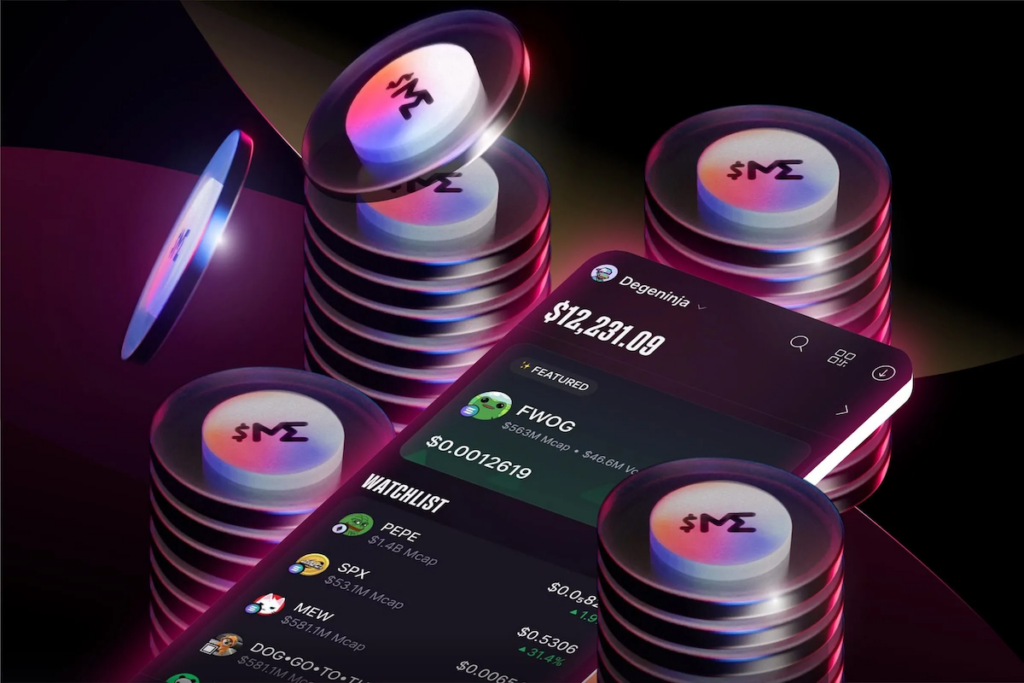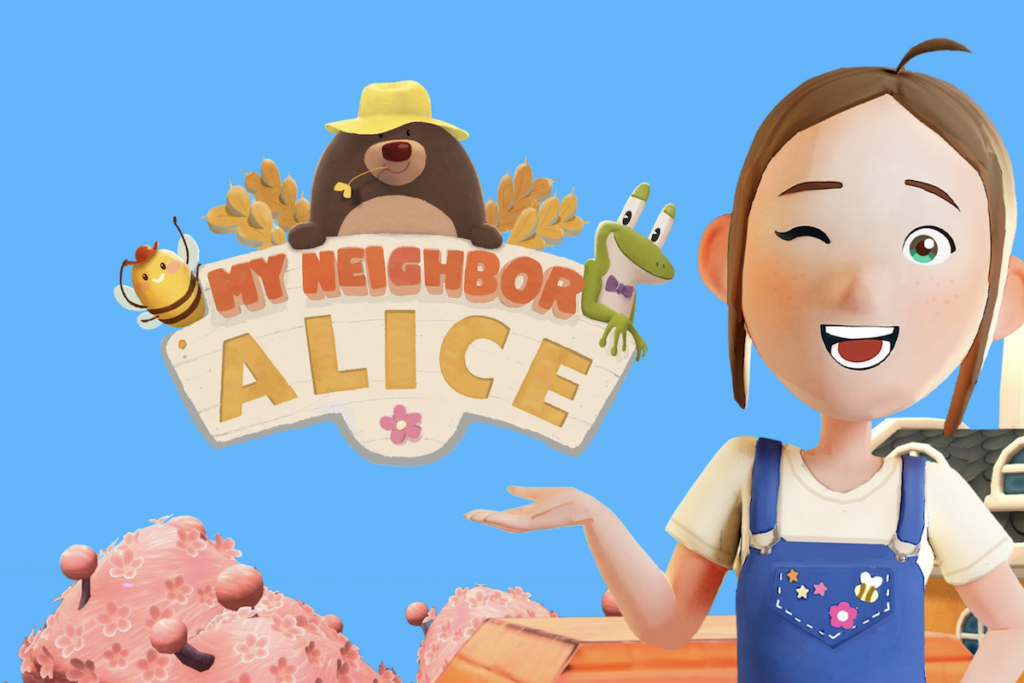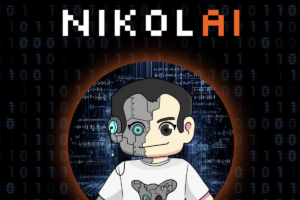Ethereum has one of the most expansive and influential ecosystems in the crypto world, having triggered a monumental movement for developers through the use of smart contracts. These programmed and automatic systems allow anyone to seal off an agreement between parties across the world, lowering risks and fraud.
However, in addition to smart contracts, Ethereum users also benefit from innovative tools that make NFTs, dApps, and DAOs available across networks and blockchains. Therefore, its popularity has made it expand fast, influencing the Ethereum price prediction in no time.
Although the network started struggling with scalability, gas fees, and staking centralization risks, Vitalik Buterin continuously works to improve the ecosystem by introducing various updates. Hence, Ethereum is not only innovative but also resourceful. So, let’s see what some of its best tools are.
DeFi ecosystems
Decentralized finance (DeFi) might be the breakthrough of finance in the modern world since its most prominent features include decentralization, accessibility, and transparency. Therefore, DeFi applications can be used by anyone without imposing limits on credit scores or eligibility for a bank account.
DeFi can solve the problems of our current economic systems, working towards an equitable and transparent financial environment. Some even consider that DeFI will become the bridge toward a circular economy model, the ideal system for a sustainable and fair society.
DeFi is based on P2P blockchain technology, through which users can lend, borrow, or benefit from investment opportunities on the Ethereum network. Because people can leverage these opportunities without the involvement of third parties, transactions are faster and more affordable than regular ones.
Games and metaverses
Ethereum has also been a great implementation in the gaming industry and the metaverse. The decentralized ecosystem makes it easy for communities to engage and win coins based on their contribution to the blockchain.
Numerous Ethereum blockchain-based games, such as Axie Infinity, have become popular recently, where you can collect and raise cute digital characters that offer full ownership over the underlying NFT value. Other games like The Sandbox, Decentraland, and Illuvium helped innovate the gaming area by integrating blockchain technology and enhancing global accessibility.
Leveraging the metaverse in games also creates new business opportunities in the sector by improving how customers engage with companies, investing in fidelity programs on the blockchain, or creating virtual retail experiences.
Stablecoins
Ethereum tokens, also called stablecoins, are among the best investments for beginners or users who want to minimize their portfolio risks because their values can be fixed despite the shifting Ethereum price.
Stablecoins based on Ethereum can be considered to share similar features with traditional currencies, but they’re global, exchangeable, and secured by cryptography, so they get the best of each world. These are the most common types of stablecoins:
- Backed by fiat currency, such as USDC, which is not volatile but is still centralized;
- Backed by crypto, such as Dai, that is decentralized but less stable;
- Based on precious metals, like Pax Gold, that aren’t volatile and require a lot of trust;
- Algorithmic, such as Ampleforth, which don’t require collateral but demand algorithm skills;
You can get Ethereum stablecoins almost everywhere by buying, earning, swapping, or borrowing them.
dApps
Decentralized applications, or dApps, are blockchain-based applications similar to regular apps, but they share blockchain features that make them considerably safer and innovative. Developers have created dApps for numerous industries, from finance and art to social and technology sectors. One famous dApp is Uniswap, a massive decentralized exchange on Ethereum.
Decentralized applications have zero downtime, are resistant to censorship, and provide enhanced privacy and transparency, which is why they attracted a lot of interest from social media developers. Such apps allow users to benefit from autonomy when it comes to their data.
At the same time, financial dApps are great for paving the way toward a new economy, especially since they eliminate intermediaries and are interoperable. Compared to traditional social media apps, decentralized ones protect people’s privacy without compromising user control and security.
Developing resources
One of the best things about Ethereum is the massive developing ecosystem, which offers users plentiful tools and resources for creating unique applications. Therefore, anyone who wants to code on Ethereum can access documentation, tutorials, and support from the community.
Indeed, Ethereum has a pretty difficult programming language to master, and it is called Solidity. The creators of Ethereum developed this program primarily to create Ethereum’s smart contracts that run on the EVM. This way, developers can establish predefined rules and conditions for building and deploying smart contracts.
Solidity has improved considerably since Ethereum’s release, mainly because the global community contributed to its development. Anyone can learn the programming language, even if it takes time, and get involved in reporting vulnerabilities, fixing issues, and improving the language design.
Oracle platforms
Oracles are less talked about, but they’re crucial for the network because they bridge smart contracts with external databases, which is a great real-world development. Based on predefined instructions, payments can be made at any time, despite worldwide events, for example.
The founders of Ethereum created oracles for the blockchain to access off-chain data because it currently can’t in its current state and given the regulation. This feature can be most helpful for decentralized applications because it extends their utility and value. Many types of oracles work on decentralized or centralized systems or are fit for unique architectures.
However, developers must always ensure that the data extracted through oracles is correct, available, and compatible. Otherwise, the information may be tampered with or incorrect due to irregular updates. Therefore, oracles are as complex as smart contracts and serve as important components of the blockchain.
What do you think about Ethereum?
The Ethereum blockchain is one of the most extensive networks in the crypto industry, having a connected community and a tool availability that continuously improves the sector. Ethereum has provided numerous tools through which developers can work towards Web3, such as smart contracts, dApps, and oracles, pushing forward the limitations of the Web2 internet. At the same time, Ethereum applications help the crypto world evolve and become more approachable.
Author
-

The views and opinions expressed in this guest post are solely those of the author, and do not necessarily reflect the official policy or position of NFT News Today.




